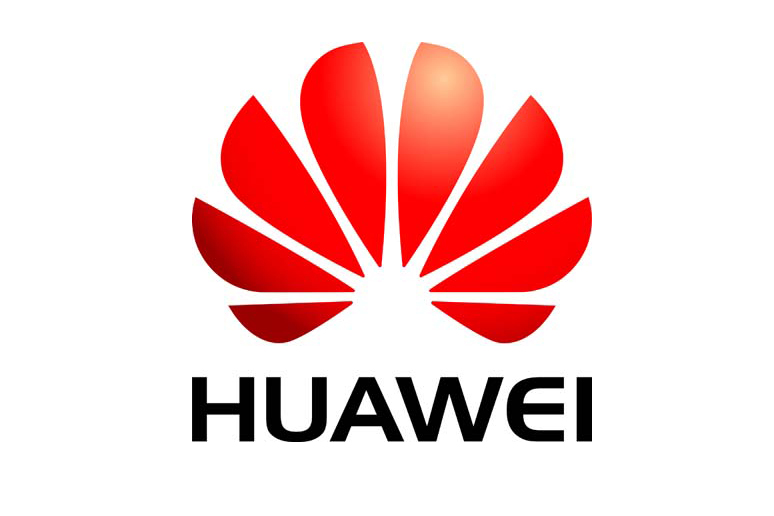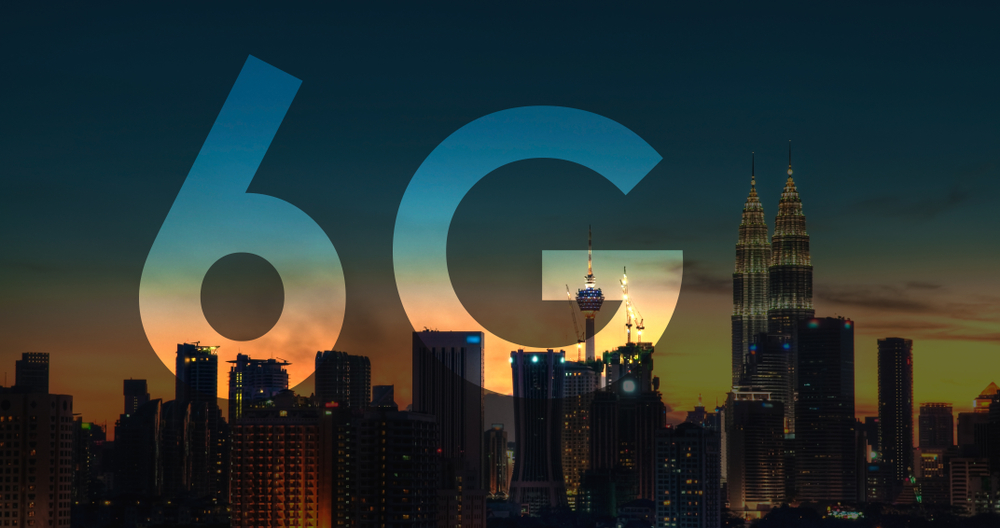Huawei accused of spying for China by ex-CIA chief
UK Government set to investigate claims.


Networking firm Huawei has been acccused of spying for the Chinese government by the former head of the CIA and NSA.
Michael Hayden said in an interview with the Australian Financial Review that he was aware of hard evidence the firm was passing information back to Beijing.
God did not make enough slides on Huawei to convince me that having them involved in our critical communications infrastructure was going to be OK.
In the interview he claimed the firm had "shared with the Chinese state intimate and extensive knowledge of the foreign telecommunications systems it is involved with."
According to the publication, Hayden said these were his opinions rather than of those still in government, and spoke about his experiences running intelligence agencies
"Two or three years ago Huawei was trying to establish a pretty significant footprint here is the US. And they were trying to get people like me to endorse their presence."
"I reviewed Huawei's briefing paper. But God did not make enough slides on Huawei to convince me that having them involved in our critical communications infrastructure was going to be OK. This was my considered view, based on a four-decade career as an intelligence officer."
In a statement to Bloomberg, Huawei denied all accusations and a spokesman said his firm was a "proven and trusted" information and communications technology company.
Sign up today and you will receive a free copy of our Future Focus 2025 report - the leading guidance on AI, cybersecurity and other IT challenges as per 700+ senior executives
"These tired, unsubstantiated, defamatory remarks are sad distractions from real-world concerns related to espionage, industrial and otherwise," he said.
Huawei is barred from bidding for government contracts in both the US and Australia. However, the firm has managed to win a number of contracts in the UK.
The UK government is now set to investigate a cyber security centre run by the Chinese firm over concerns around the security of its networking hardware and software.
In a report by Parliament's Intelligence and Security Committee, a review was called for after claims that Huawei's Oxfordshire-based Cyber Security Evaluation Centre (dubbed the Cell), failed to provide enough evidence that it is protecting the UK's telecoms infrastructure.
"The UK government has been able to leverage Huawei's reputational concerns to encourage it to invest in the Cyber Security Evaluation Centre and become more transparent about its equipment and business practices. This is a significant achievement. However, we question why the Cell is only now approaching full functionality, over seven years after the BT contract was awarded," read the statement.
"A self-policing arrangement is highly unlikely either to provide, or to be seen to be providing, the required levels of security assurance," said the report.
"While we recognise that there are some benefits associated with the current staffing arrangements for the Cell, these do not, in our opinion, outweigh the risks of Huawei effectively policing themselves."
A Cabinet Office spokesman said: "We have robust procedures in place to ensure confidence in the security of UK telecommunications networks.
"However, we are not complacent and as such we have agreed to the main recommendation of the report to conduct a review of Huawei's Cyber Security Evaluation Centre (the 'Banbury Cell') to give assurance that we have the right measures and processes in place to protect UK telecommunications."
Rene Millman is a freelance writer and broadcaster who covers cybersecurity, AI, IoT, and the cloud. He also works as a contributing analyst at GigaOm and has previously worked as an analyst for Gartner covering the infrastructure market. He has made numerous television appearances to give his views and expertise on technology trends and companies that affect and shape our lives. You can follow Rene Millman on Twitter.
-
 Huawei executive says 'we need to embrace AI hallucinations’
Huawei executive says 'we need to embrace AI hallucinations’News Tao Jingwen, director of Huawei’s quality, business process & IT management department, said firms should embrace hallucinations as part and parcel of generative AI.
-
 Application enablement in an AI world
Application enablement in an AI worldHow enterprises can tap into AI-fueled application enablement to build apps faster and deploy them while consuming fewer resources
-
 6G: Pioneering a new era of innovation and business value
6G: Pioneering a new era of innovation and business valueSponsored Content Discover how 6G will redefine the wireless industry through innovation, AI integration, and groundbreaking technology to drive new business value
-
 Huawei at Gitex Global 2024: driving innovation in industrial digitalization and intelligent transformation
Huawei at Gitex Global 2024: driving innovation in industrial digitalization and intelligent transformationSponsored Content Huawei showcased its latest advancements at Gitex Global 2024, focusing on accelerating digital transformation through innovative product launches, partnerships, and AI-ready ICT infrastructure
-
 Huawei Cloud: enabling business and industry growth
Huawei Cloud: enabling business and industry growthSponsored Content Huawei Cloud is transforming industries with innovative cloud, AI, and digital solutions, empowering enterprises to achieve growth and success in the digital age
-
 Amplifying intelligence: Huawei’s smart solutions for manufacturing and large enterprises
Amplifying intelligence: Huawei’s smart solutions for manufacturing and large enterprisesSponsored Content As industries face mounting pressures to innovate, Huawei is launching ten new intelligent solutions, designed to transform manufacturing, retail, and real estate through cutting-edge ICT represented by AI and cloud technologies
-
 How the media industry can take advantage of the AI wave
How the media industry can take advantage of the AI waveSponsored Content Welcome to a new way to create and consume movies, animation, and even the morning news
-
 Huawei AI tech used to filter out invasive salmon species in Norway river trial
Huawei AI tech used to filter out invasive salmon species in Norway river trialNews Pacific salmon threaten to overwhelm Atlantic salmon in hundreds of rivers along the nation’s coastline


